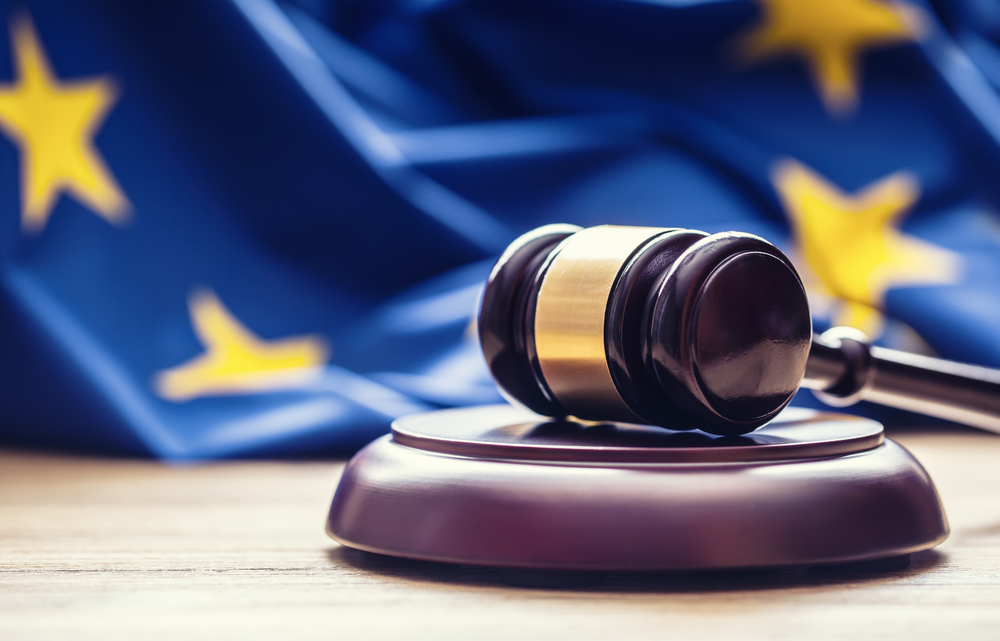Efforts to Navigate the DMA
Apple and Microsoft are making every effort to ensure that their iMessage and Bing services are not subject to the European Union’s Digital Markets Act (DMA). Both companies argue that their software solutions are not large enough to meet the requirements of new legislation aimed at increasing digital competition in the EU market.

The DMA Landscape
The European Commission plans to publish the list of IT companies covered by the DMA on September 6. This list will include large organizations and the specific services they provide. Services selected based on their revenue and number of users will be required to comply with a series of interoperability and competition rules.
Apple and Microsoft’s Inclusion
Apple and Microsoft, along with Amazon, Alphabet, Meta, ByteDance, and Samsung, are already members of this list. However, the European Commission has yet to determine which parts of their business should be included. Once the EU approves the document, companies will have six months until March 2024 to comply with the DMA rules.
Company Perspectives
According to the Financial Times (FT), Microsoft will likely not dispute that Windows OS is subject to DMA, but the company argues that its Bing search engine has a small share of the search engine market (compared to its more popular rival Google) and may still decrease if it has to provide access to competing search engines.
Similarly, Apple is developing methods to allow iOS to work with third-party app stores and download apps bypassing the App Store to comply with DMA rules. However, as reported by the FT, the company argues that its iMessage app does not meet the legal threshold of 45 million monthly active users and therefore should not interact with other messaging apps. While Apple hasn’t revealed specific numbers, it is estimated that iMessage could have a billion users worldwide.
The Bigger Picture
The Digital Markets Act is part of a set of EU laws aimed at curbing the dominance of big tech companies. Recently, it has become clear that the growing influence of tech giants is causing concern among regulators around the world.
These new measures show Europe’s commitment to monitoring and regulating the biggest players in the IT industry to ensure a fairer and more competitive environment for all market participants, notes NIXsolutions. This period may be challenging, but it offers new opportunities to innovate and improve services for users.
